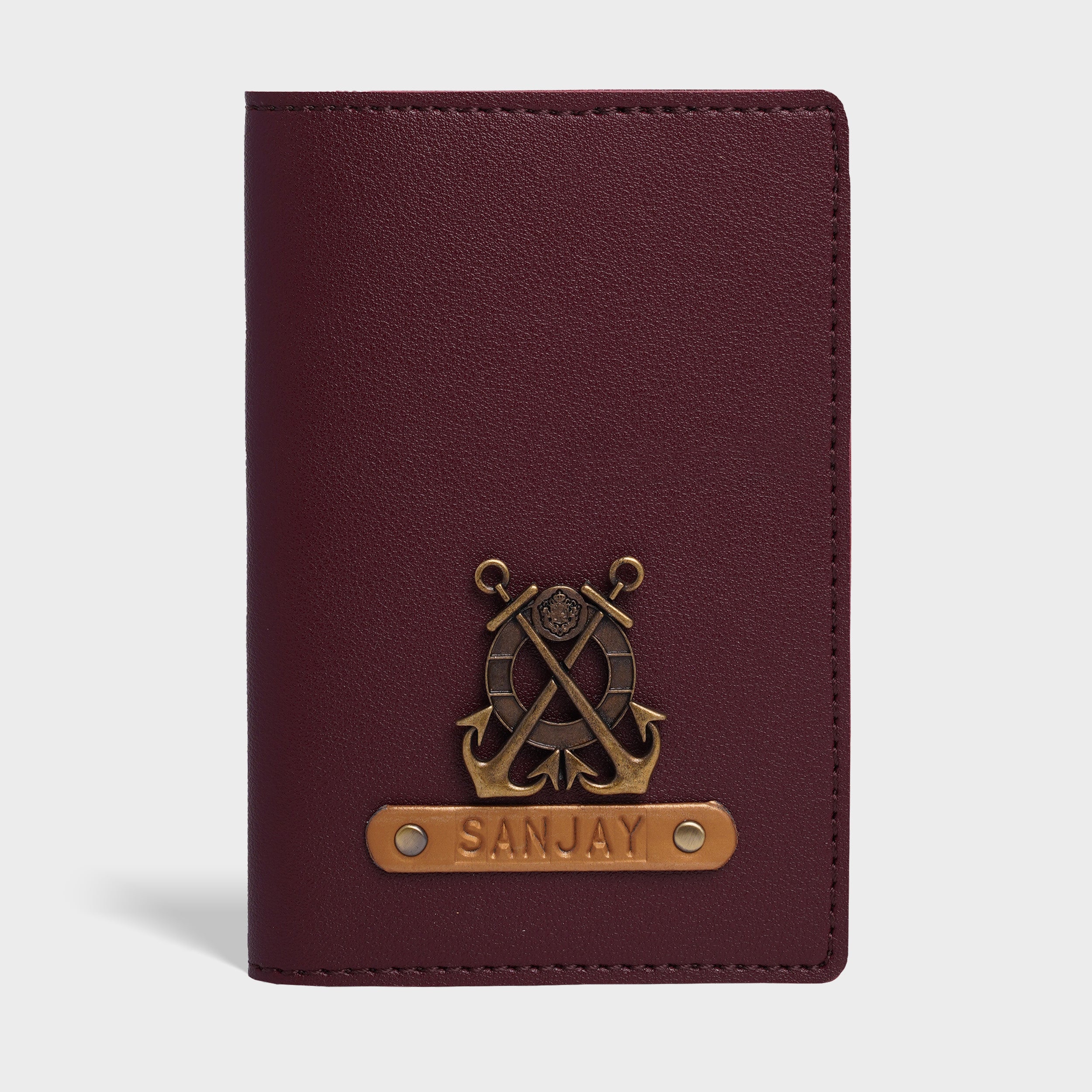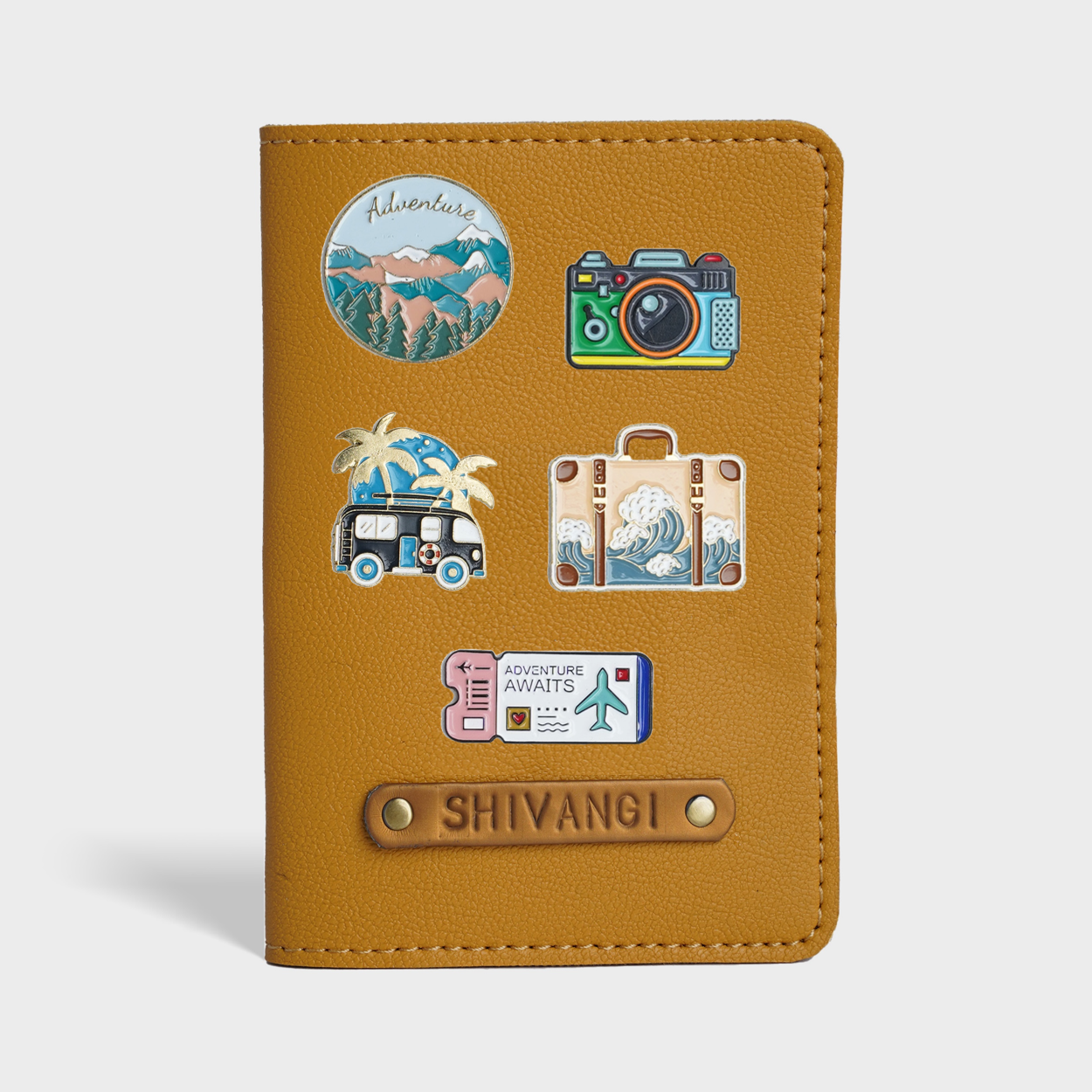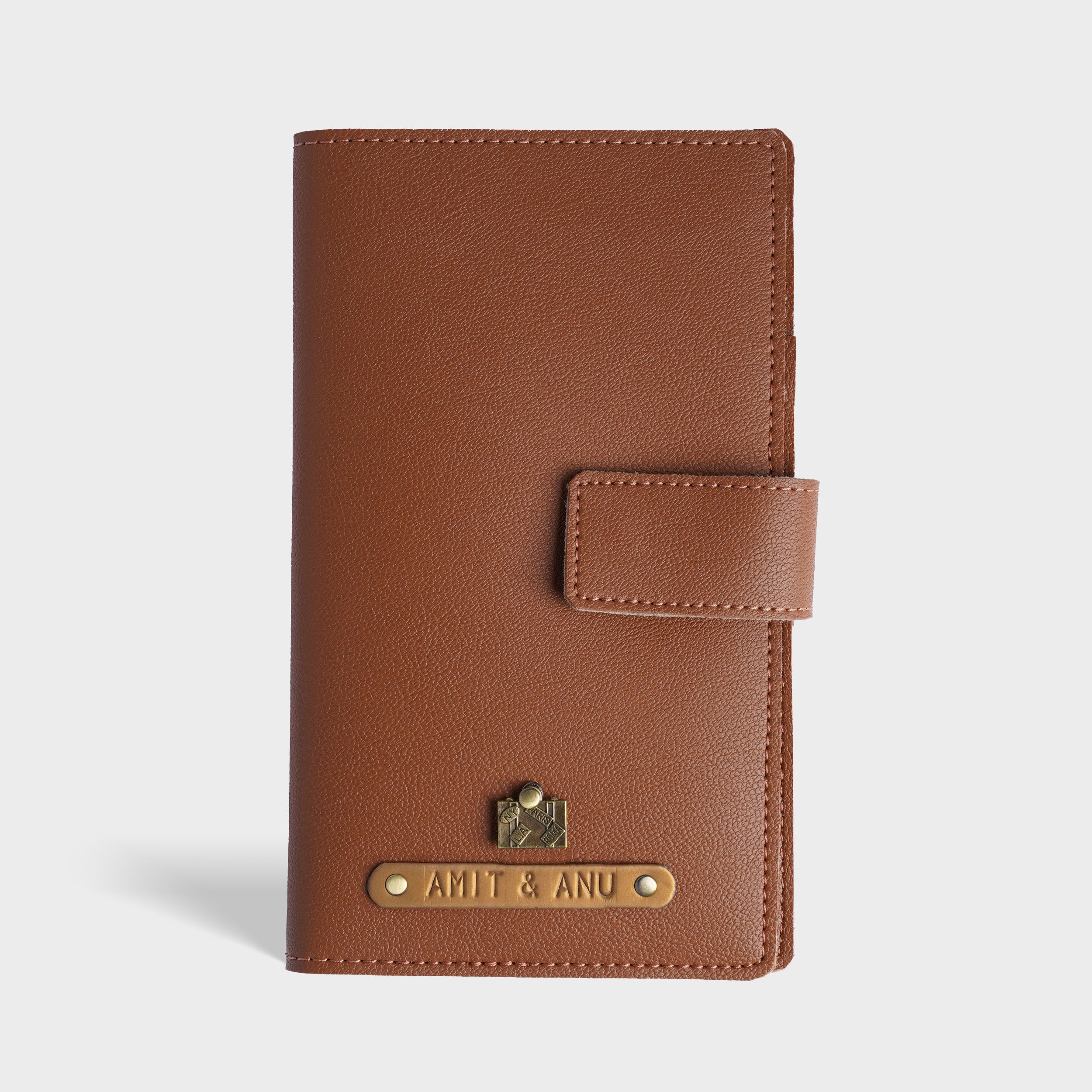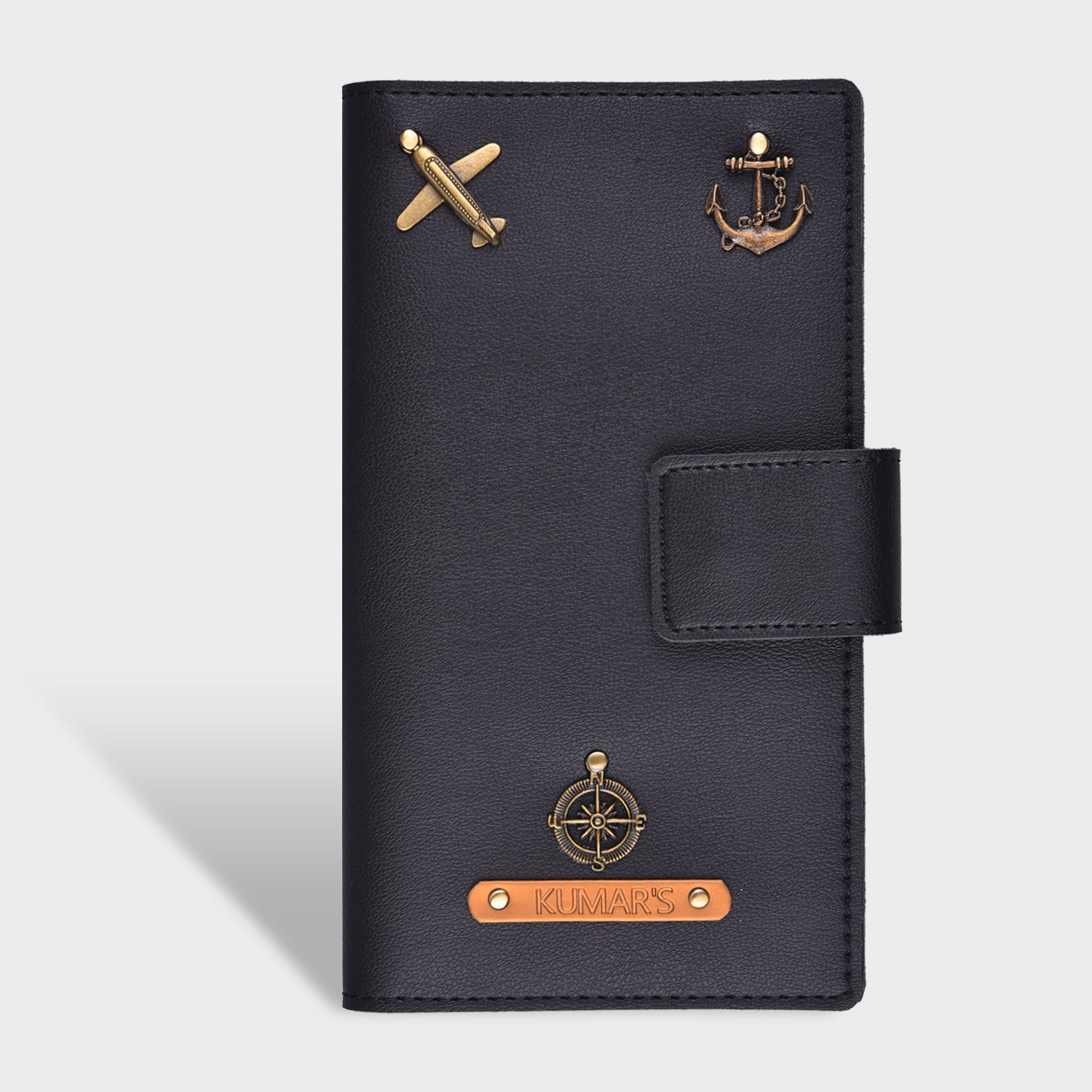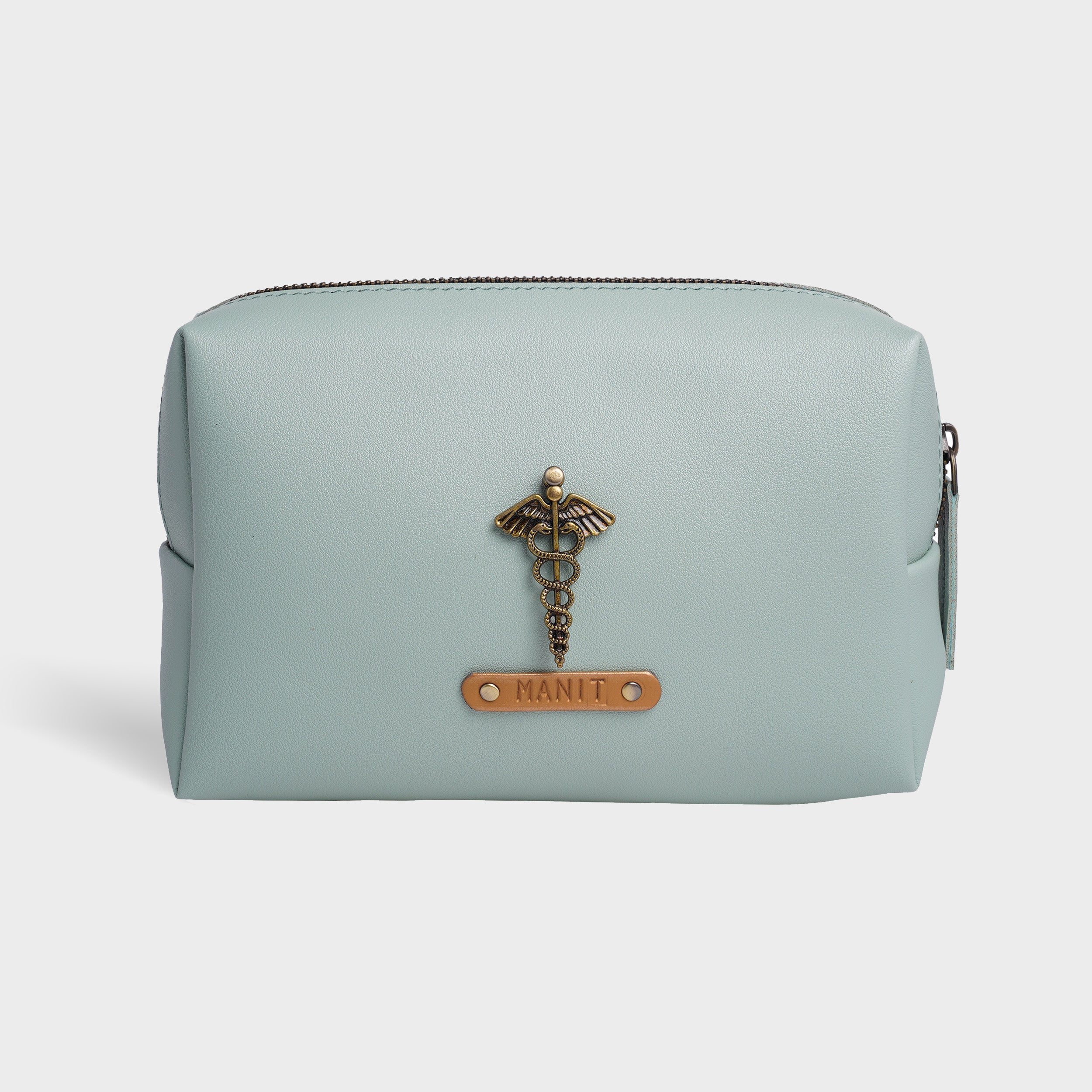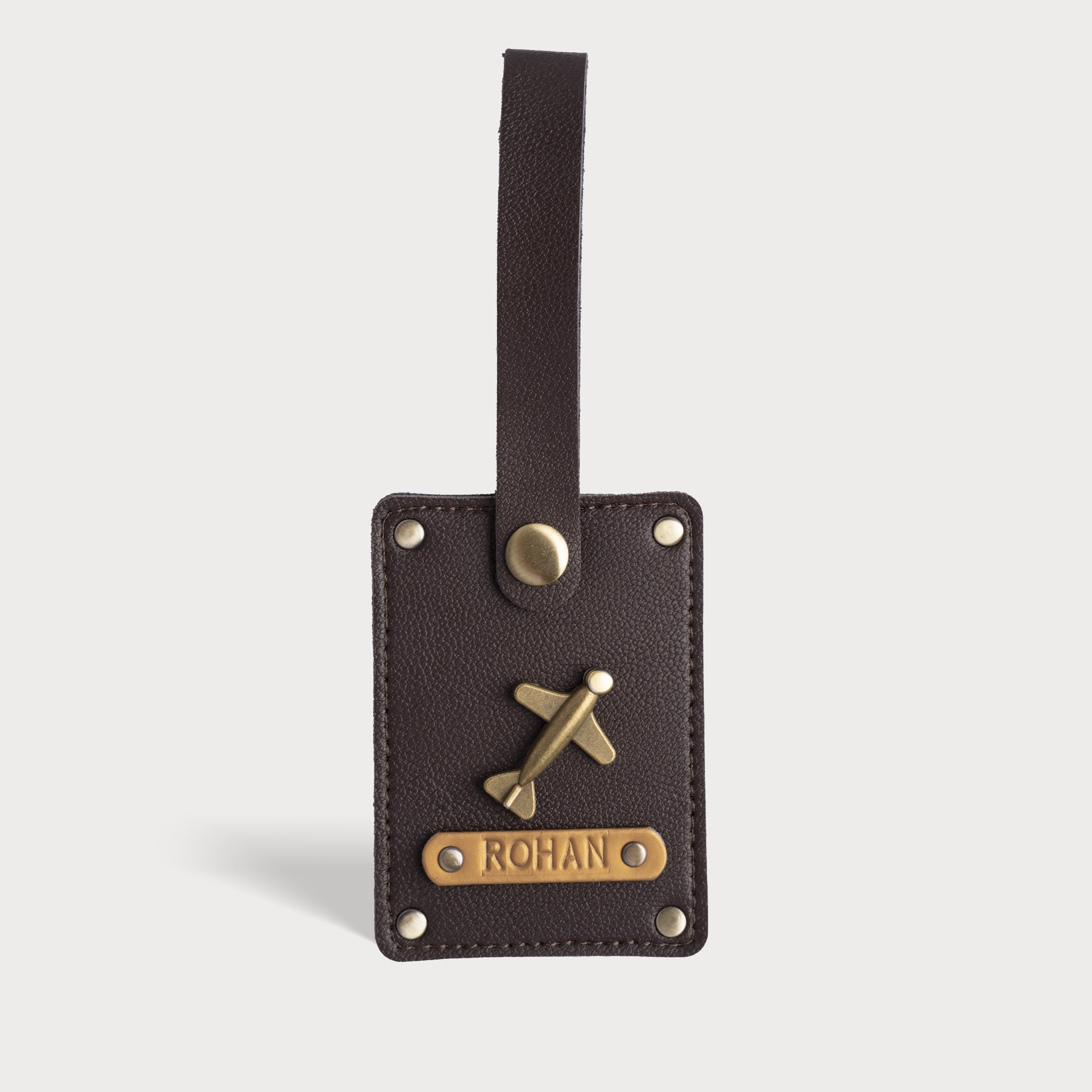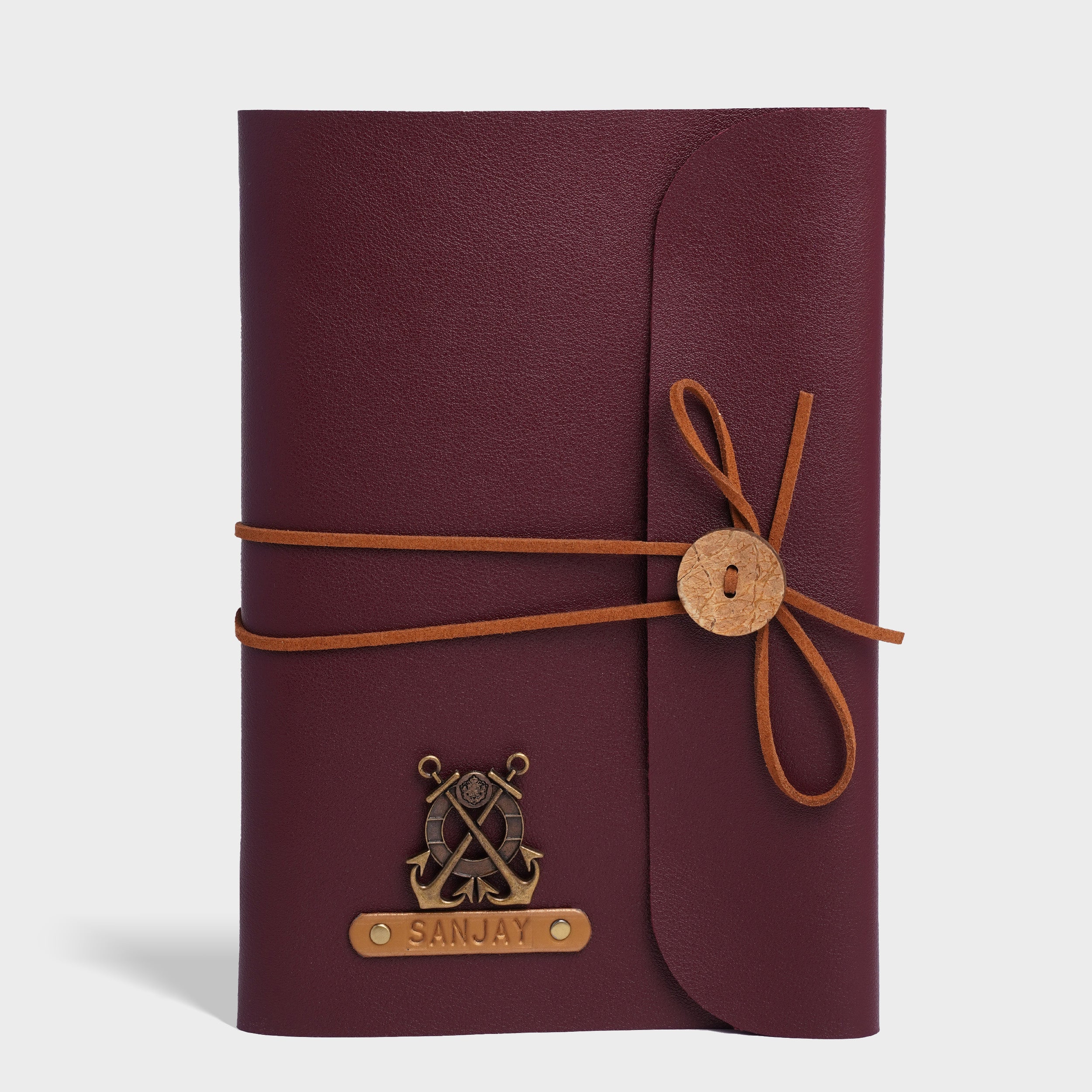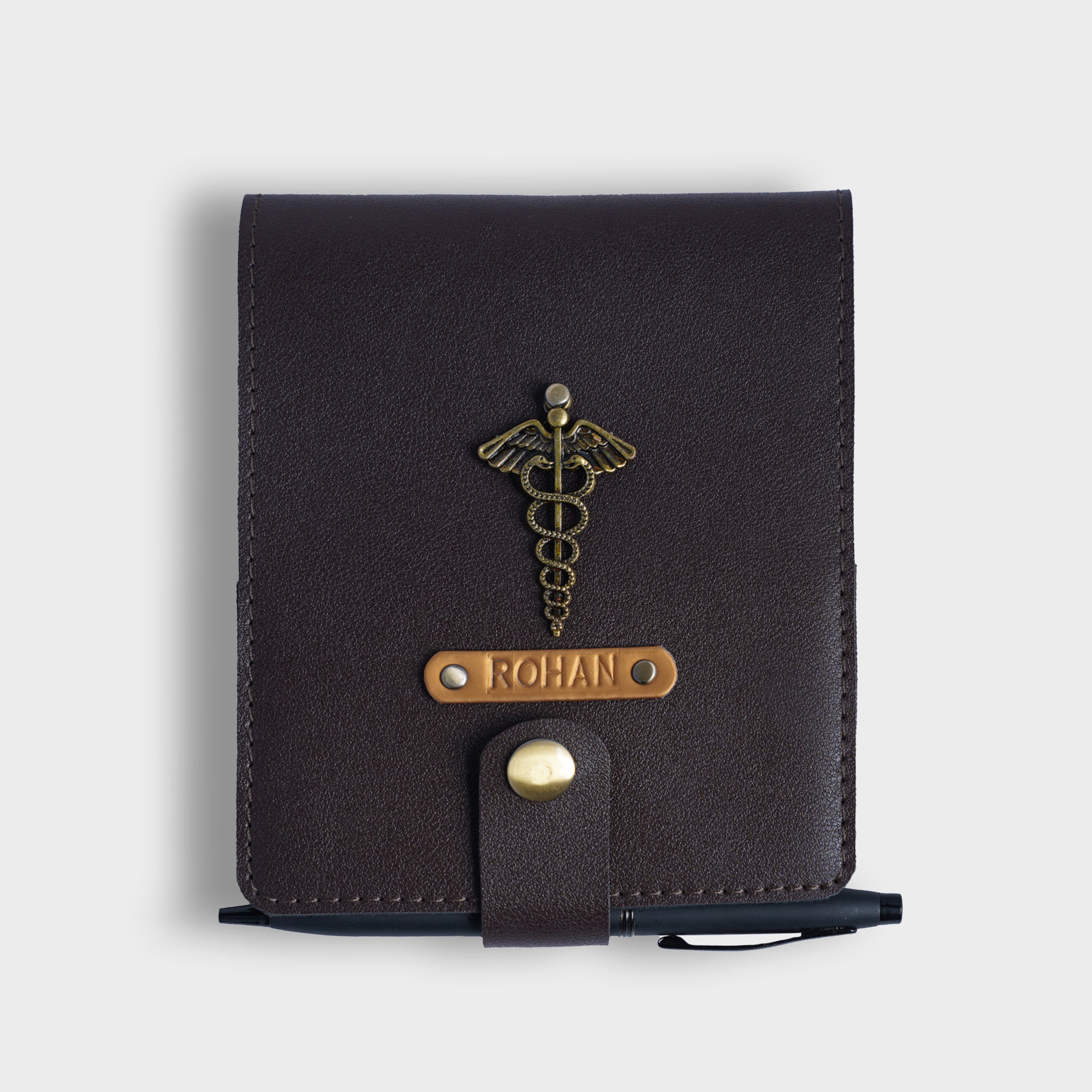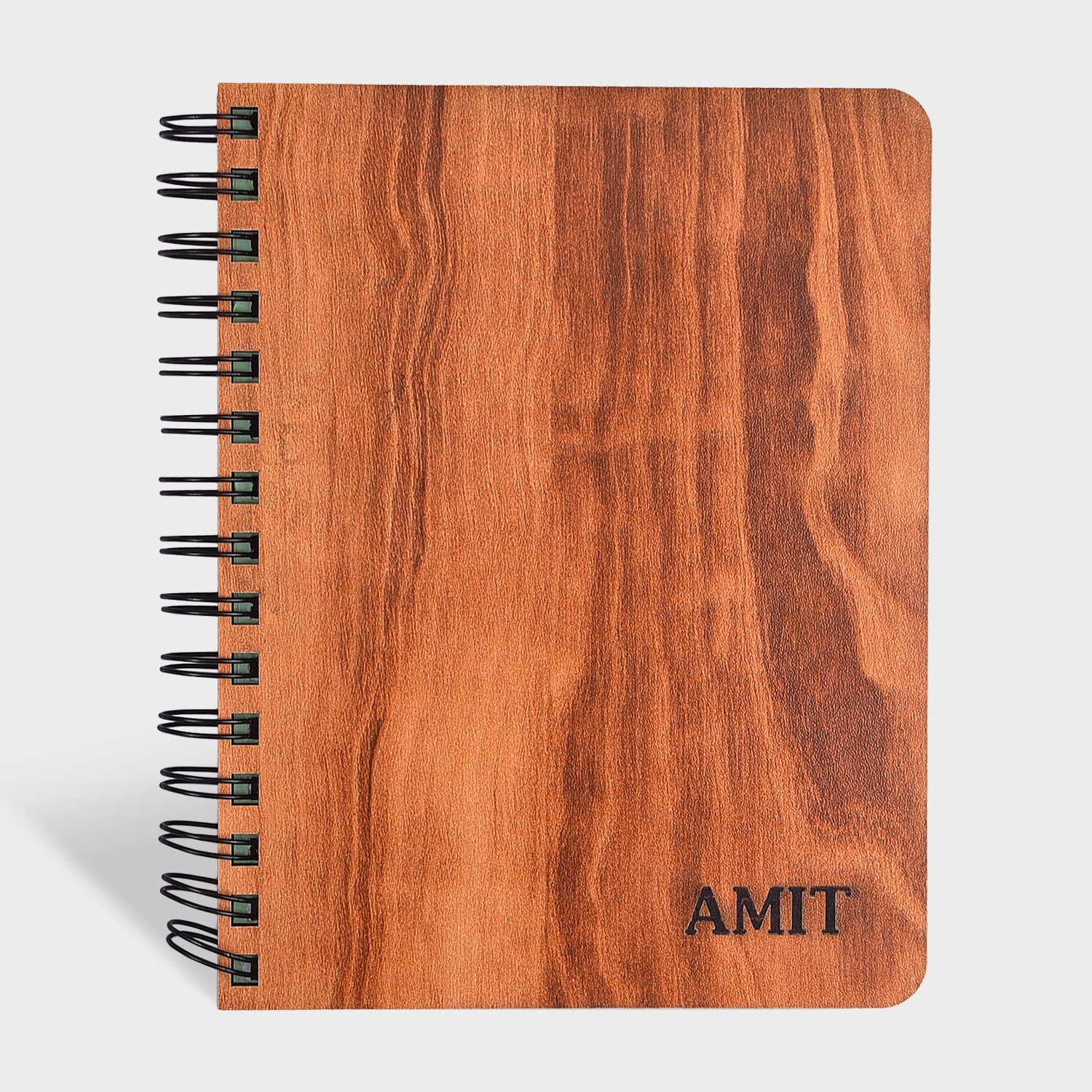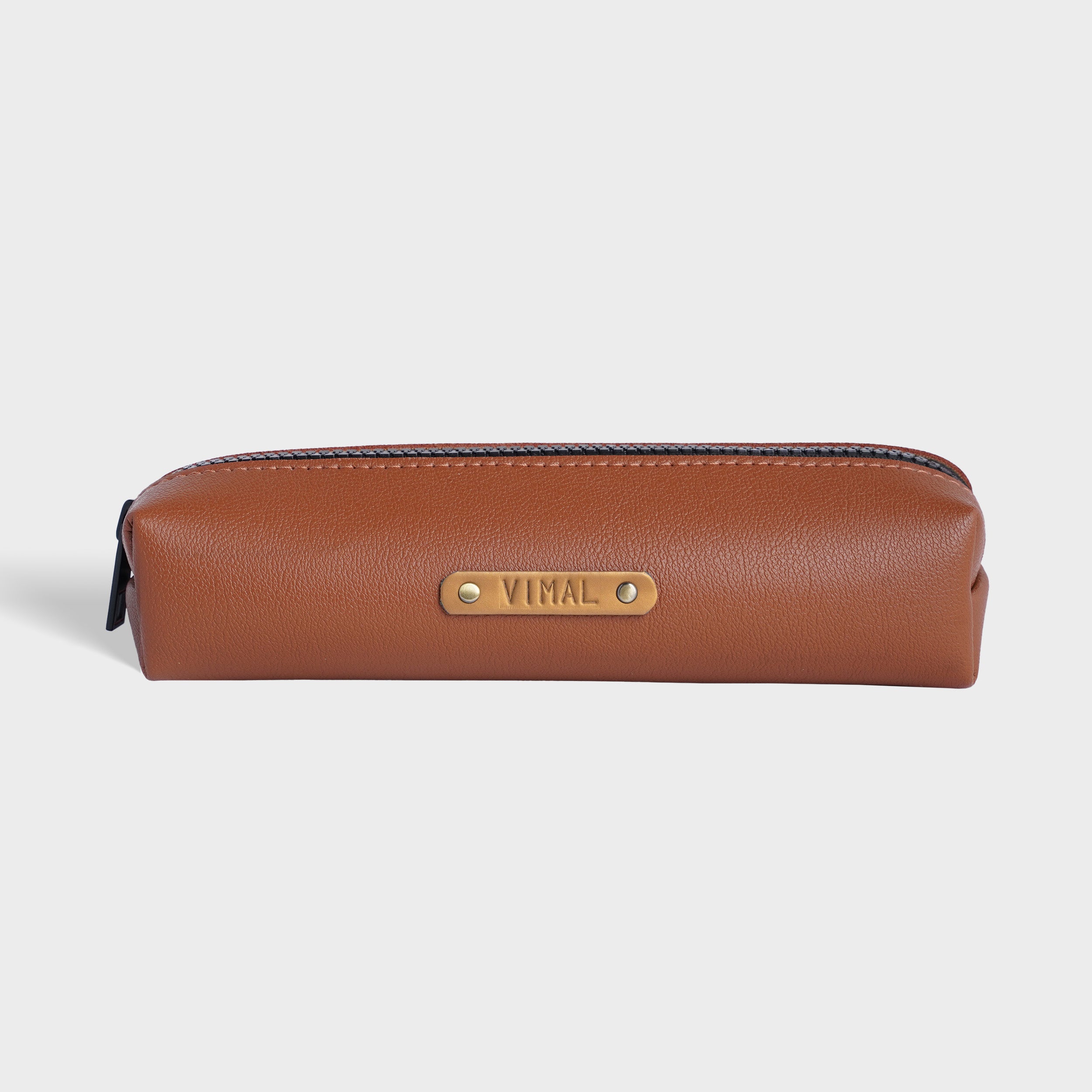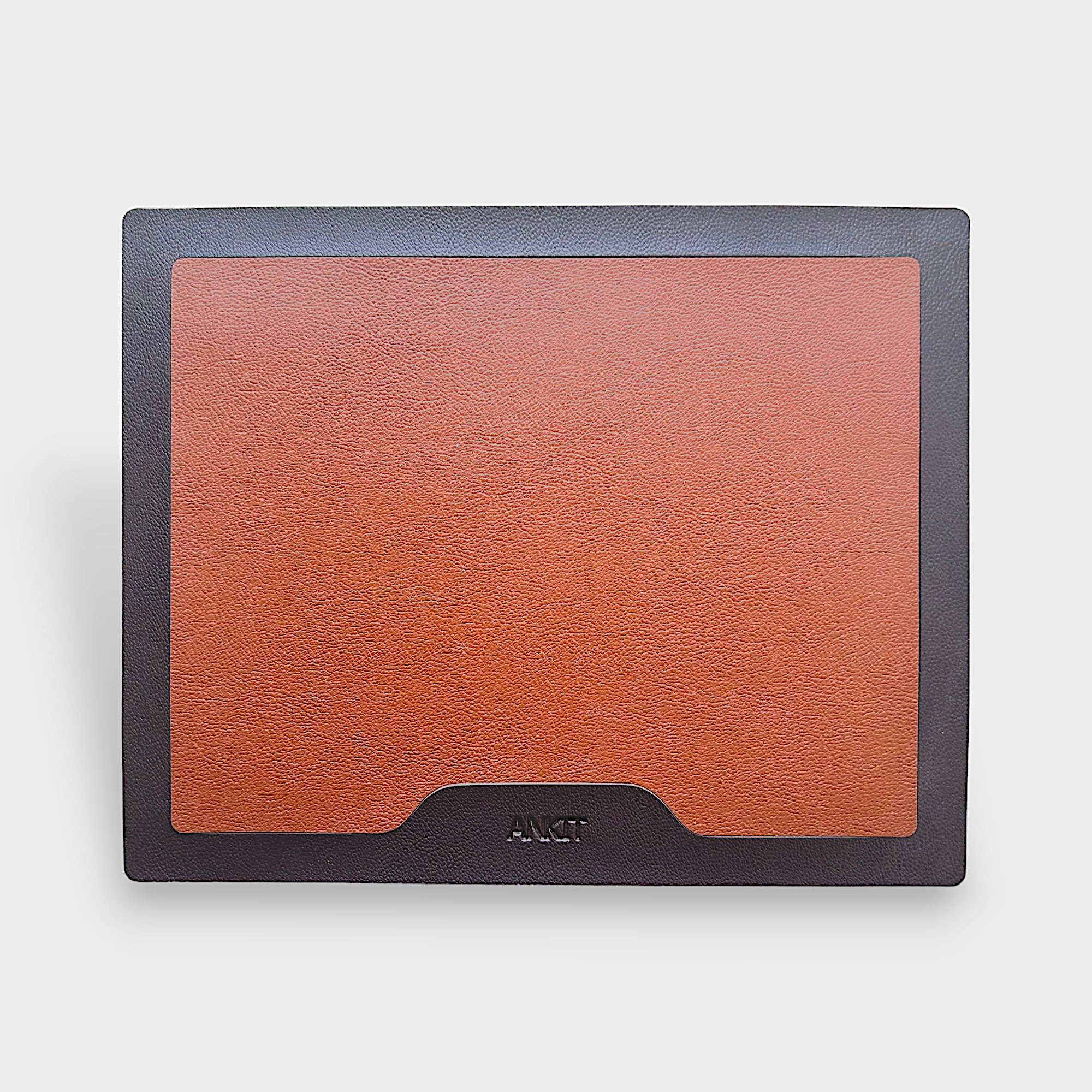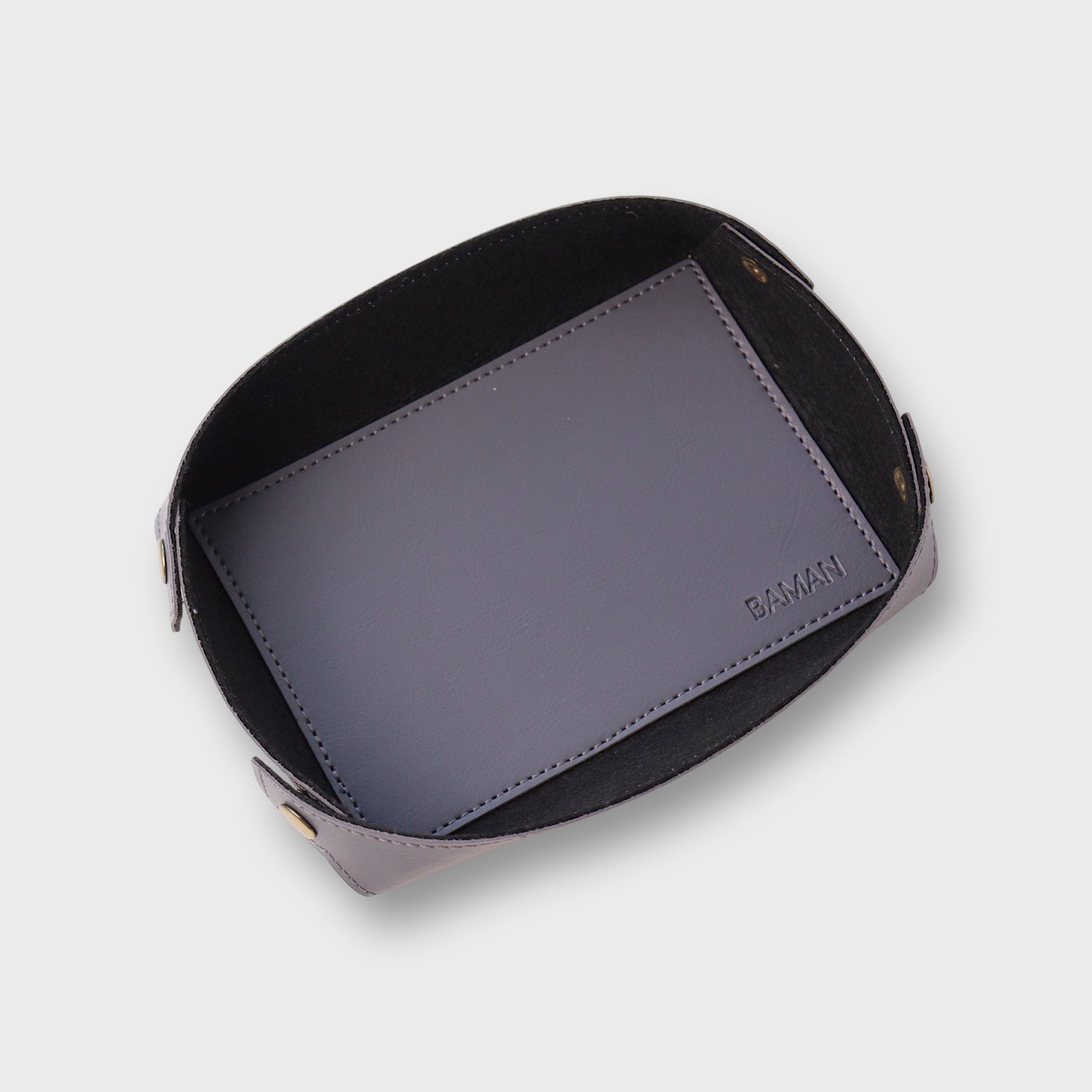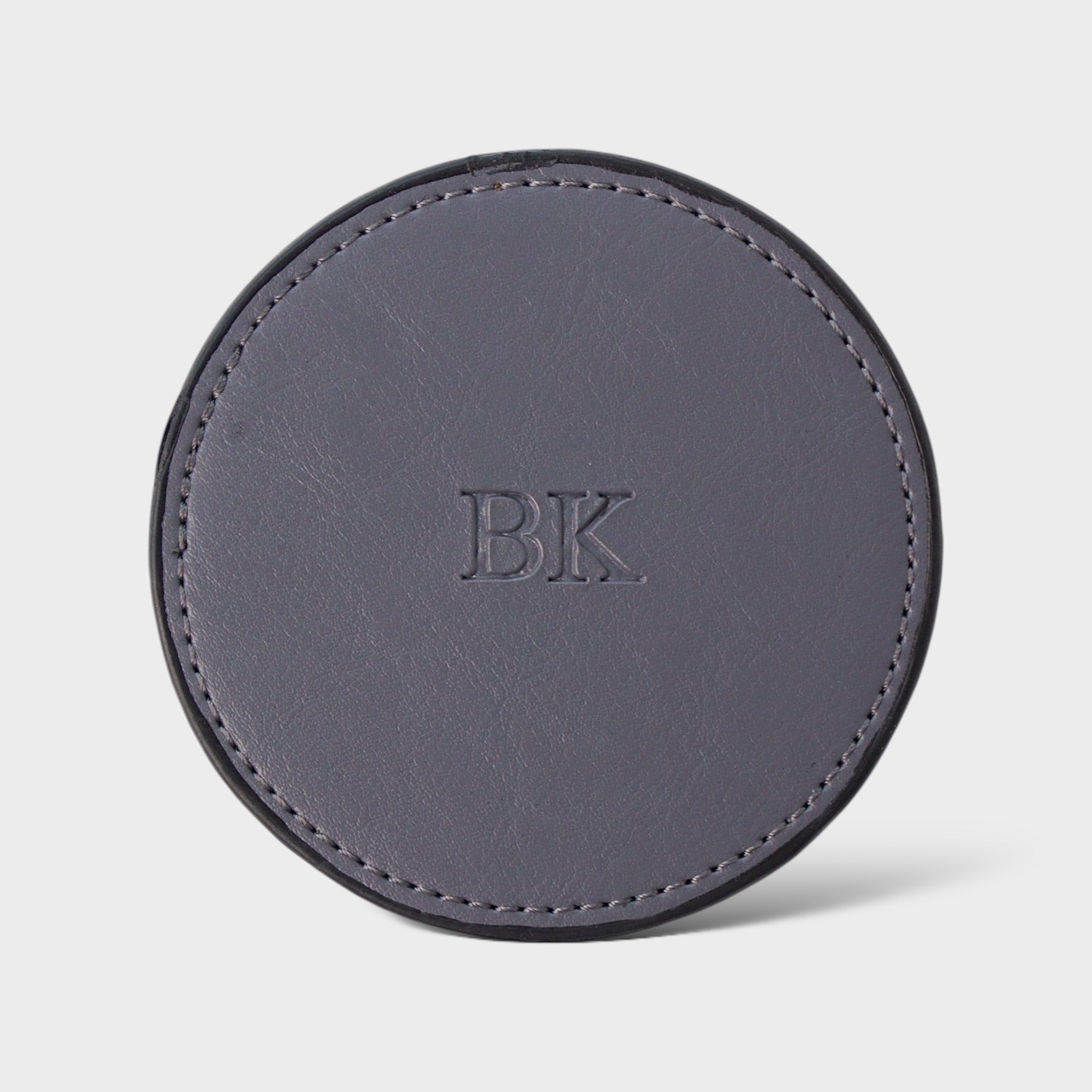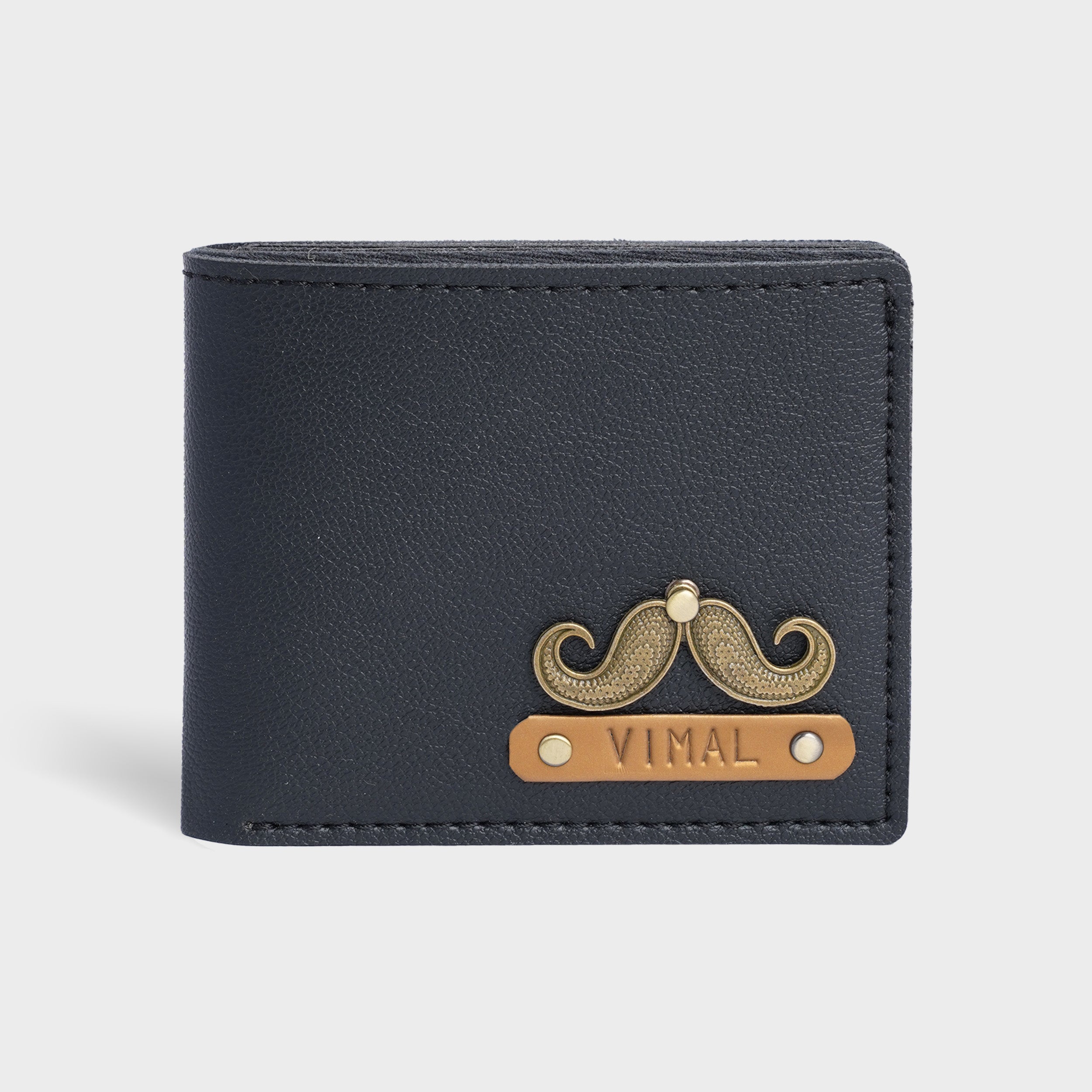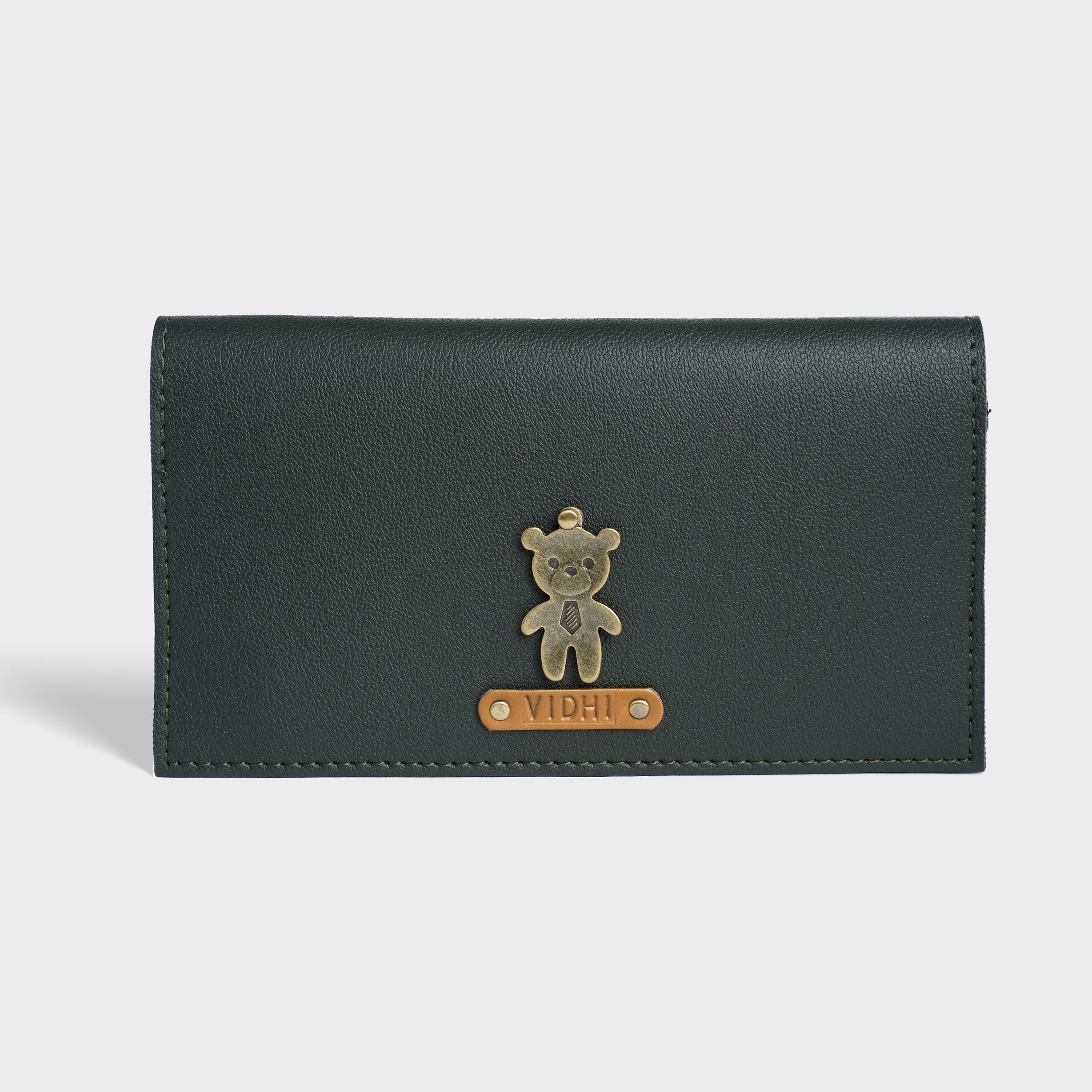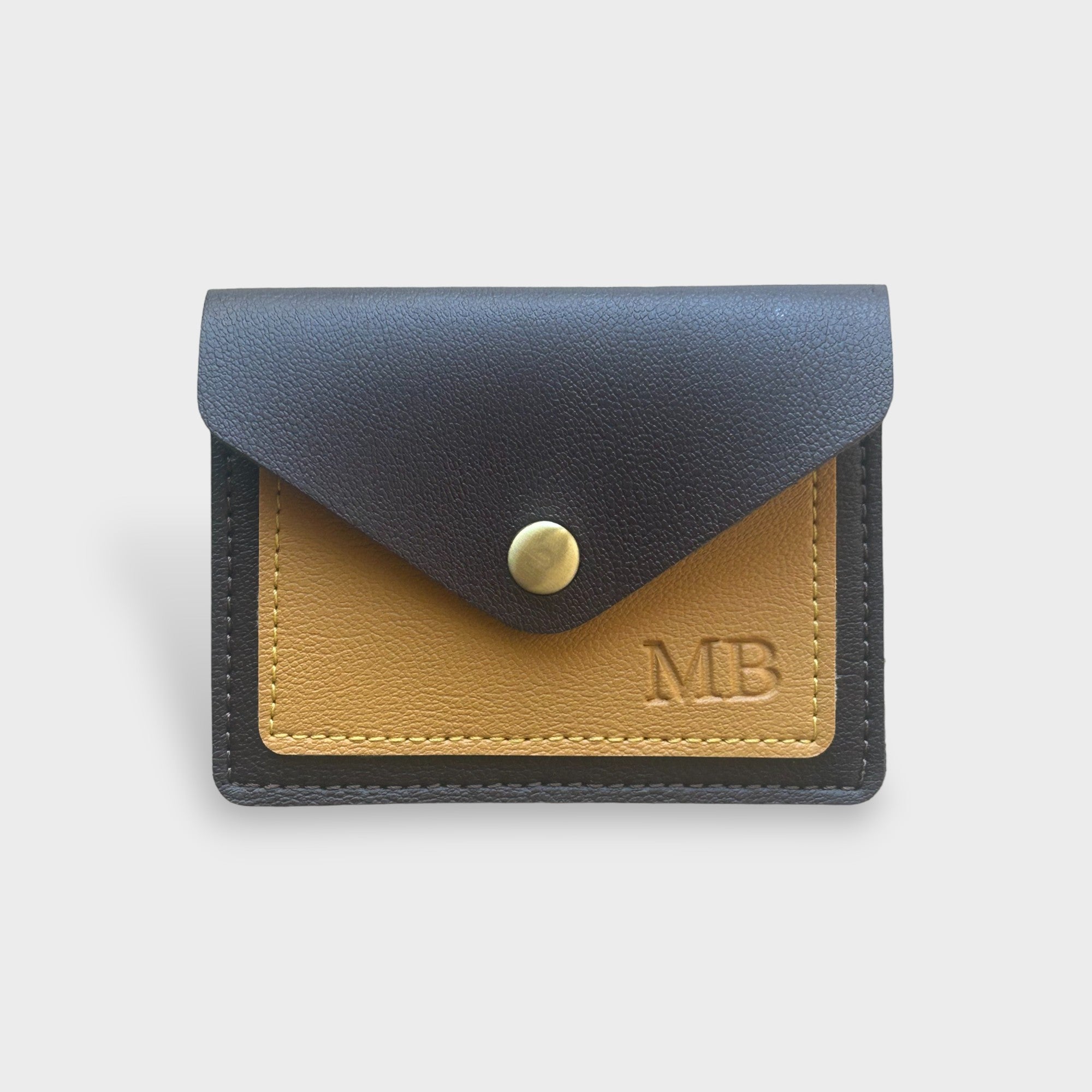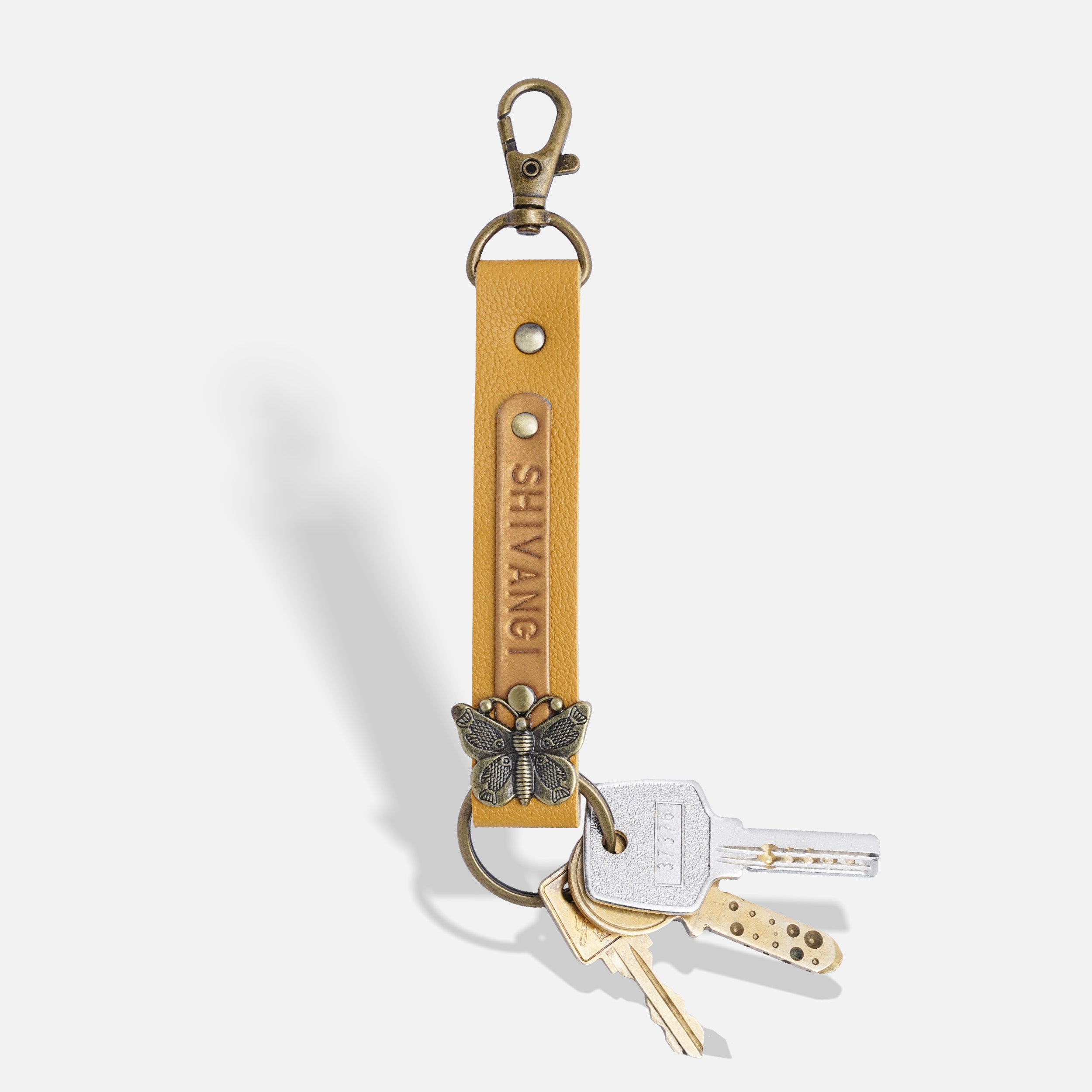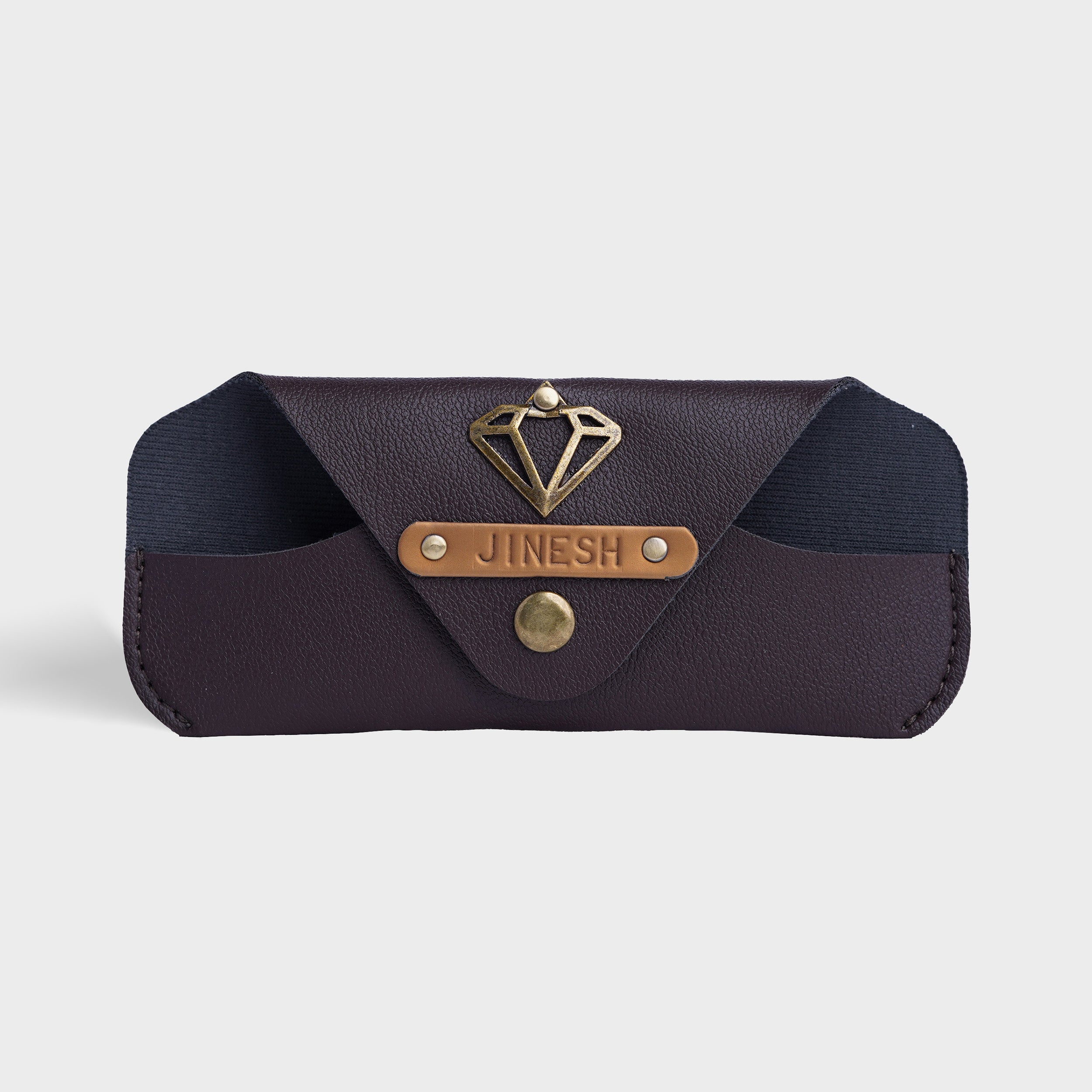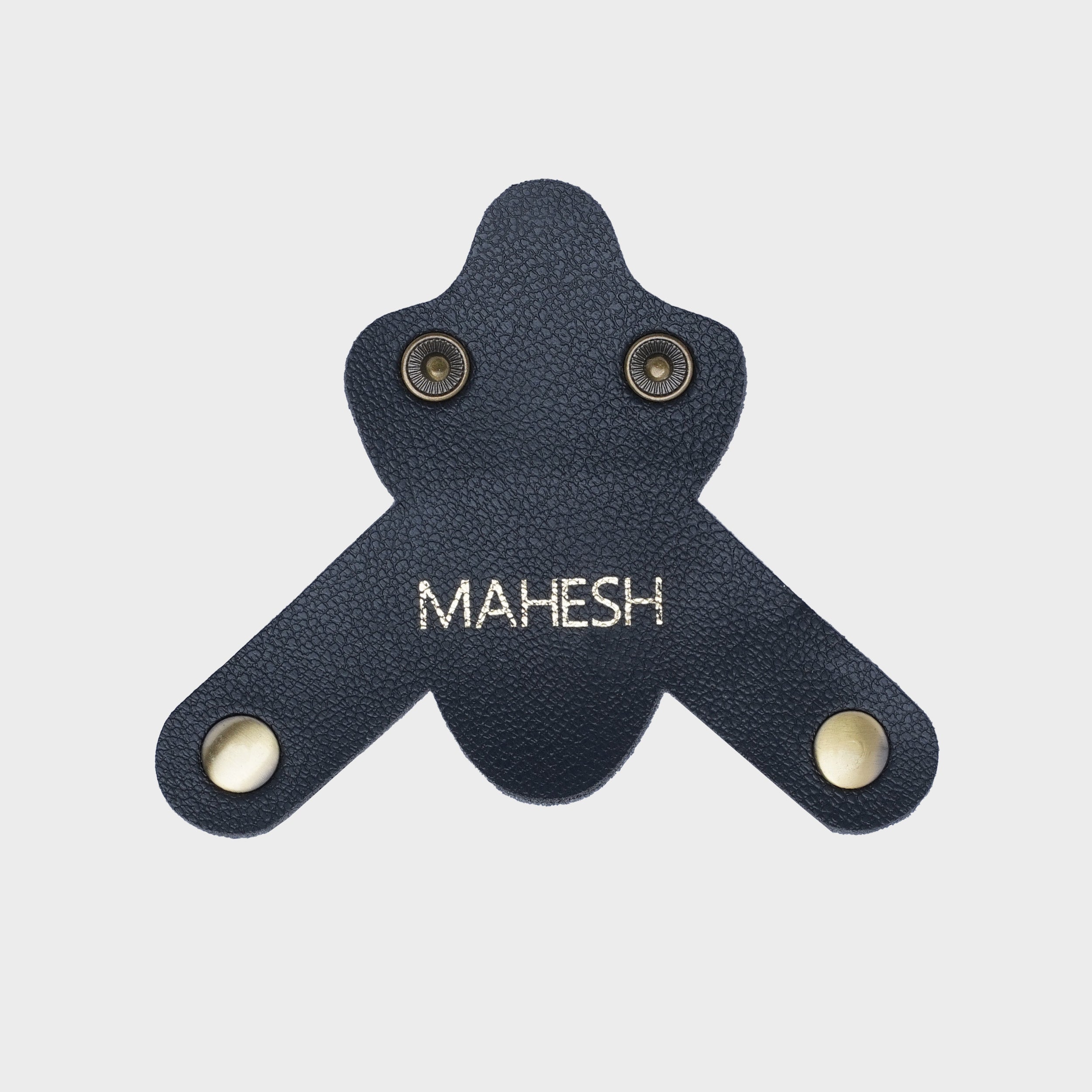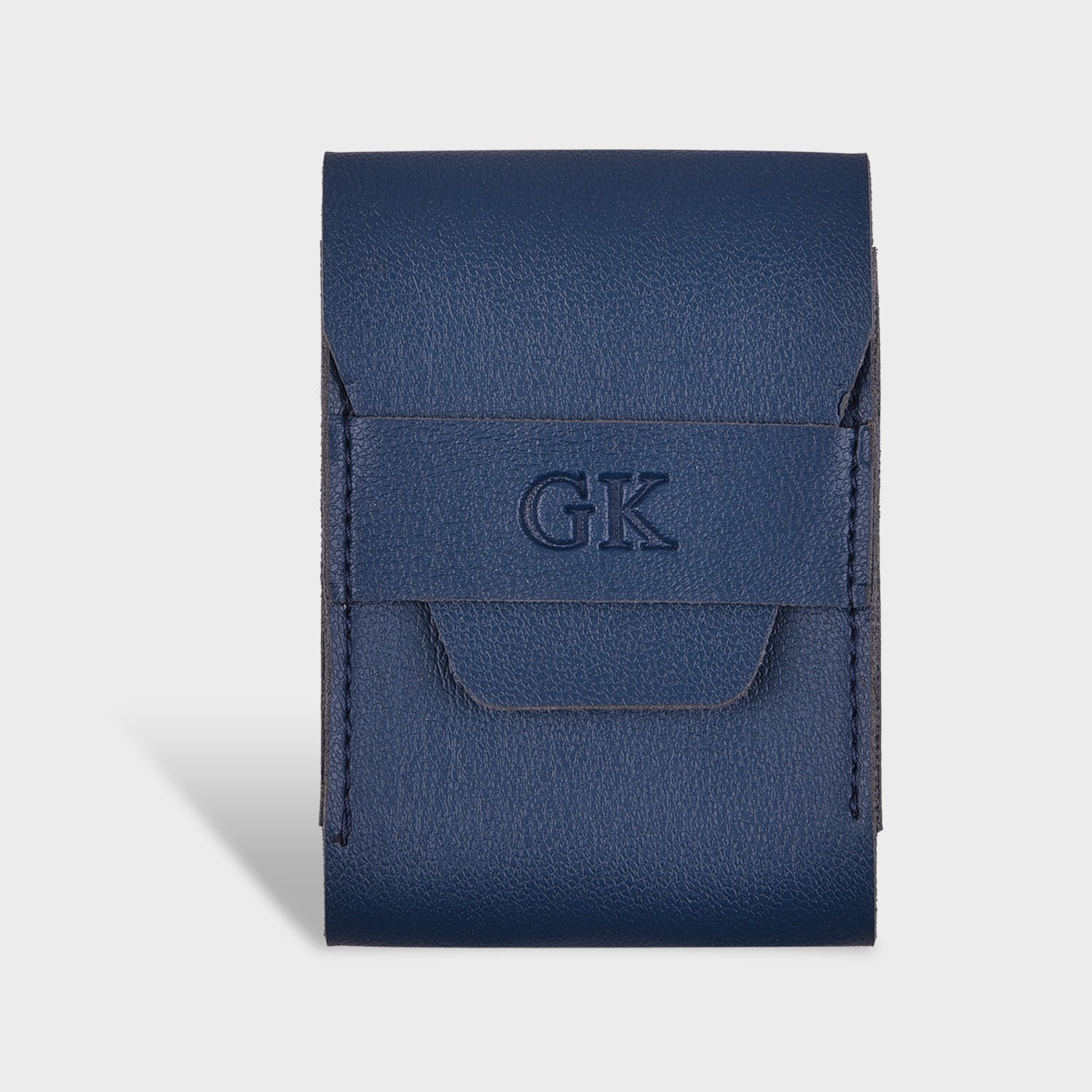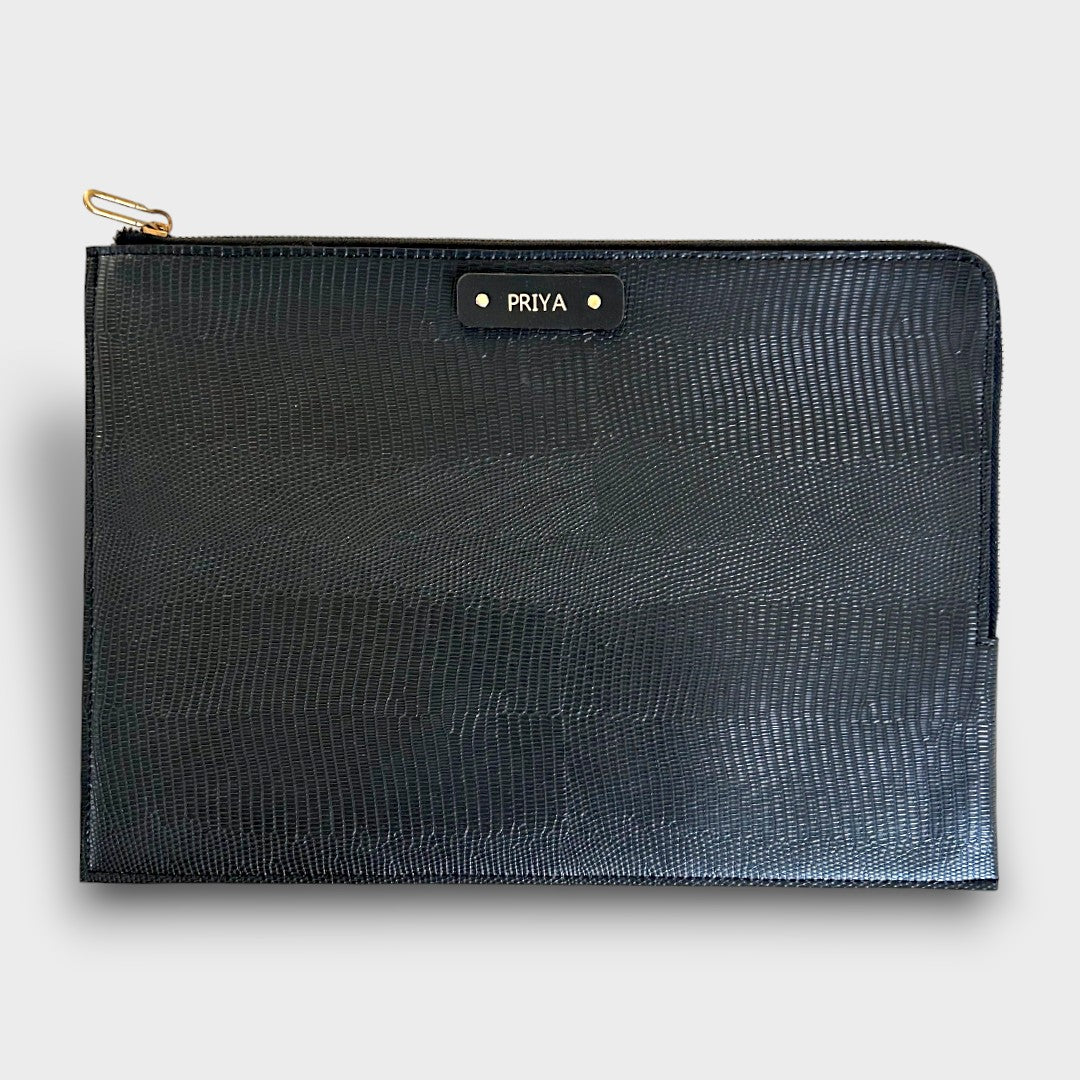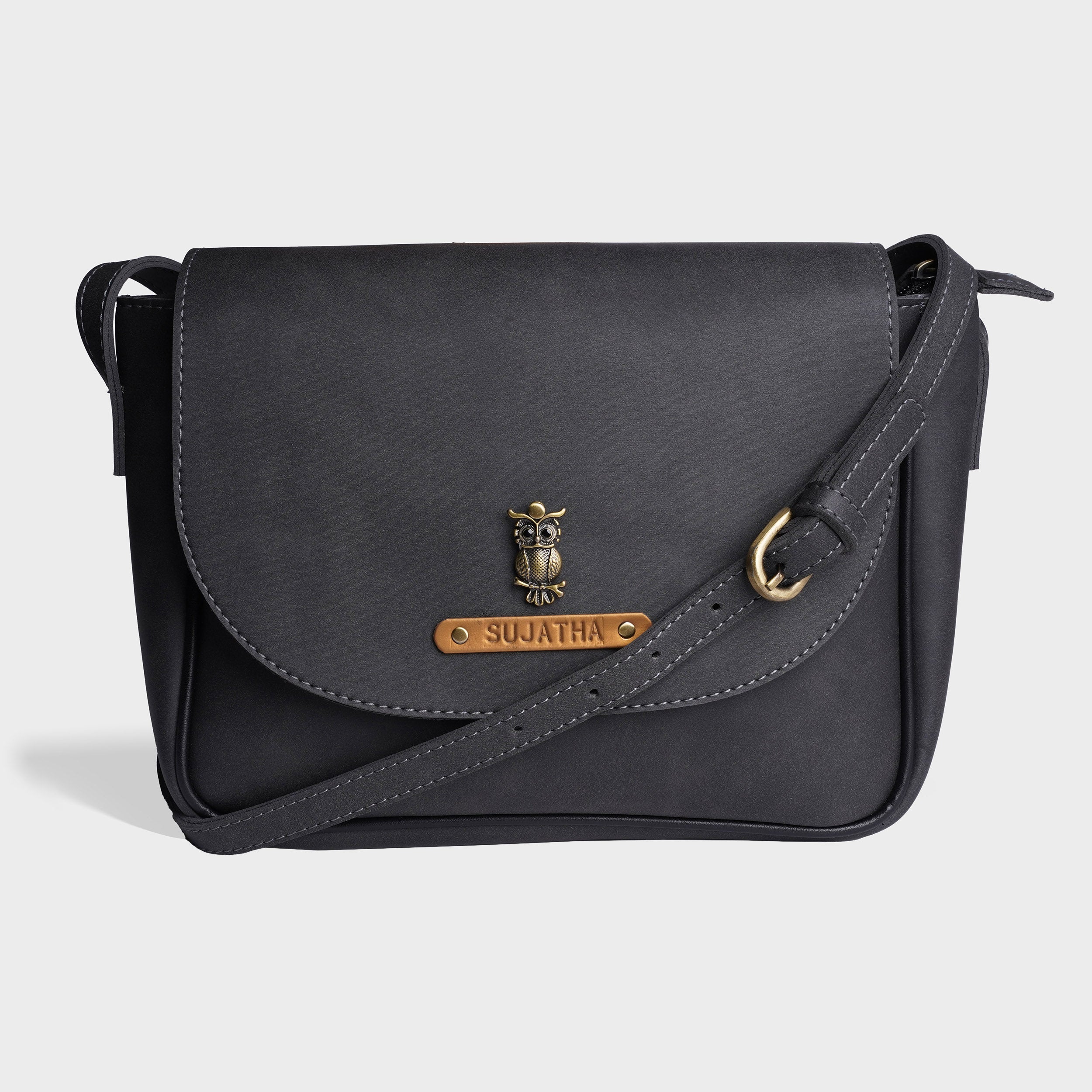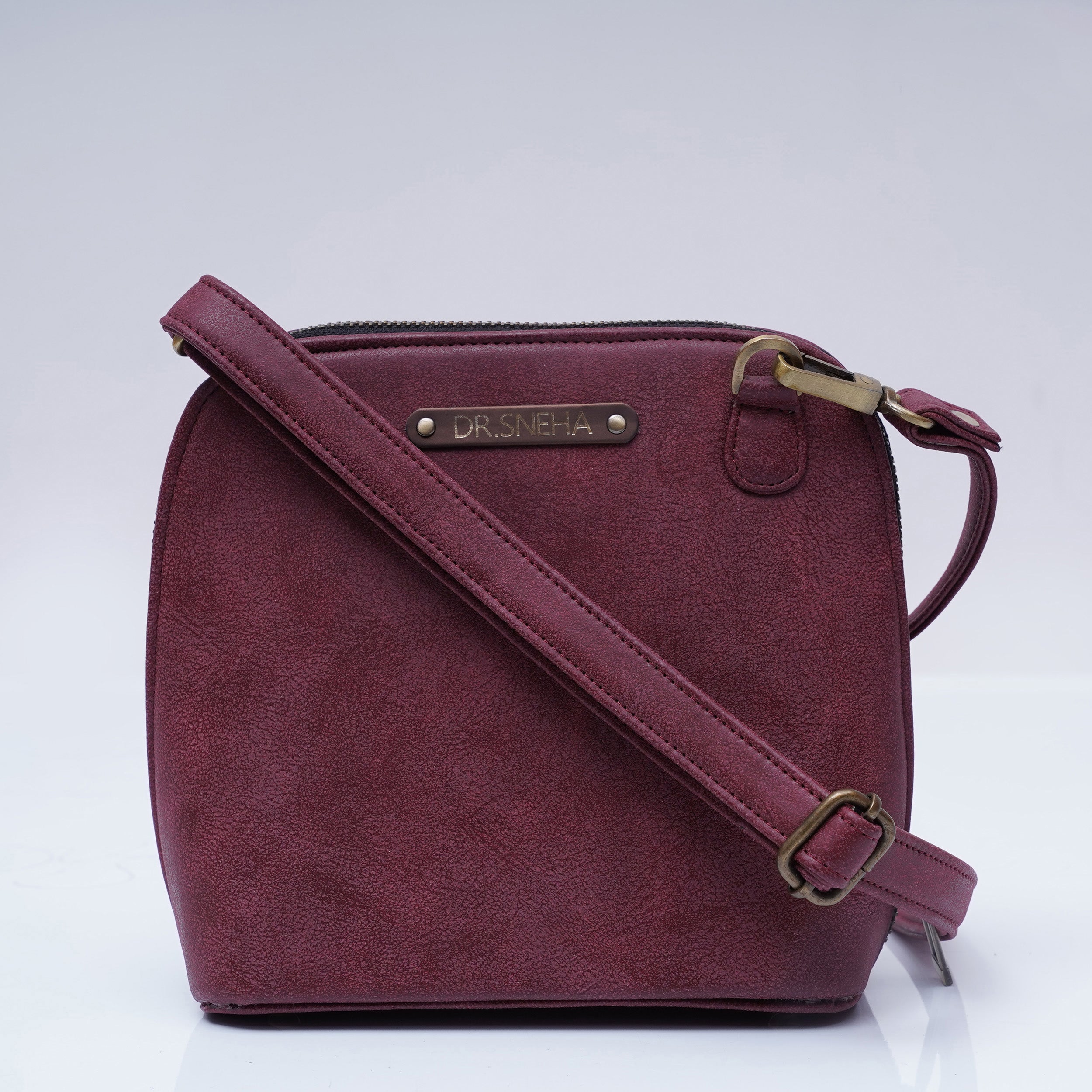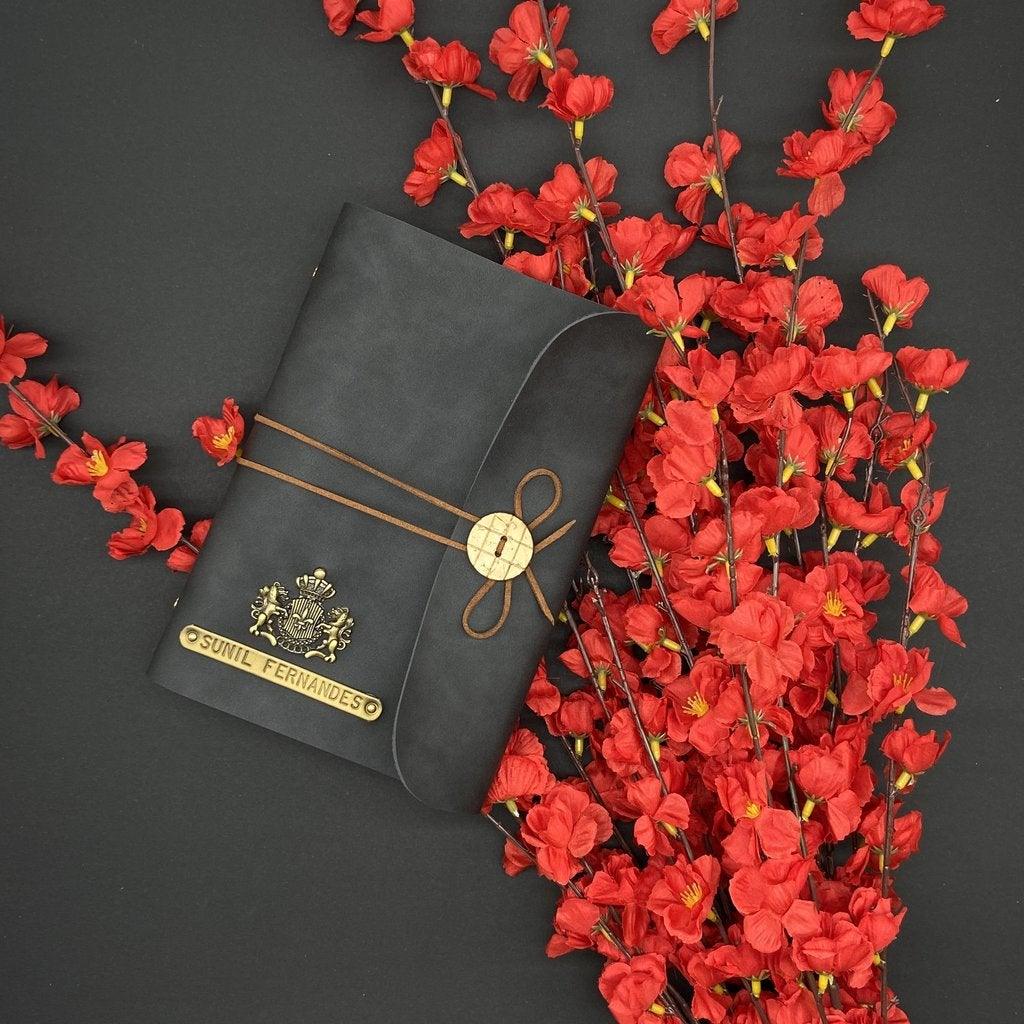If there is something that always makes it to our must-have travel documents, it is the mighty Passport! It is your shield against all things foreign in your land of exploration. We know why we need a passport to go globetrotting but have you ever wondered how this powerful document came into being?
One of the earliest records of the existence of a passport like document comes all the way from Biblical times. Passports were an important part of the Chinese bureaucracy as well in the Western Han (202 BCE-220 CE), if not in the Qin Dynasty. In the medieval Islamic Caliphate, a form of passport was the bara'a, a receipt for taxes paid. Only people who paid their zakah (for Muslims) or jizya (for dhimmis) taxes were permitted to travel to different regions of the Caliphate. King Henry V of England is credited with having invented what some consider the first passport in the modern sense, as a means of helping his subjects prove who they were in foreign lands

In the Indian context, the Arthashastra makes mentions of passes issued at the rate of one masha per pass to enter and exit the country. During the British rule, British Indian passports were issued to British subjects of the British Indian Empire. The Indian Passport Act of 1920 required the use of passports, established controls on the foreign travel of Indians, and foreigners travelling to and within India.
Currently in India, there are majorly three types of passports issued by the GoI.The first one is the Personal Passport issued to citizens for travel such as for vacation, study and business trips. The second type is the Official Passport which is issued to individuals representing the Indian government on official business.The third kind is the Diplomatic Passport issued to Indian diplomats, Members of Parliament, members of the Union Council of Ministers, certain high-ranking government officials and diplomatic couriers.

Another interesting aspect about the passport is that every passport can be ranked as per the power it holds at the global level. Many passports allow visa free or visa on arrival entry to various countries which ascertains this power. As of June 2020, Henley Passport Index ranks Indian passport at 82th place with visa-free or visa on arrival access to 58 nations and territories to Indian citizens. Furthermore, Indian citizens may live and work freely in Nepal under the terms of the 1950 Indo-Nepal Treaty of Peace and Friendship.
Now that you’ve learnt so much about the passport it's time to make use of it, isn’t it?


